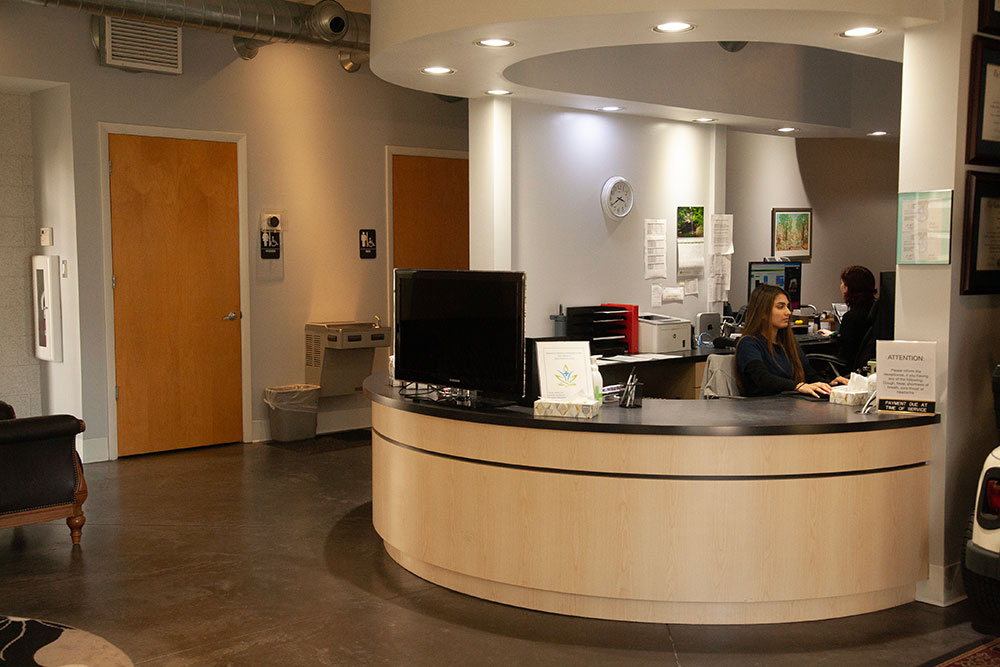The past few months have been a whirlwind of emotions and uncertainty. From the pandemic to protests and the election, many people have been left navigating feelings of fear, distress, and anxiety. According to a July survey by the National Center for Health Statistics and the U.S. Census Bureau, more than a third of Americans now show signs of clinical anxiety and depression. That’s compared to just 11 percent in the first half of 2019.
While mental health conditions may be on the rise, many people are still not seeking care. In the U.S., approximately 57% of people with mental health conditions don’t receive treatment. Reasons for this can vary. Some people don’t know how to find a provider, while others may avoid getting help due to fear of stigmatization. When people do seek care, they are often referred to out-of-network providers (such as therapists, psychologists or psychiatrists), making care expensive and out-of-pocket. Those who seek in-network care may struggle to find a provider who is taking on new patients, accepts their health insurance, is the right fit, or has appointment availability.
Alexander Kaye, MD
Dr. Alexander S. Kaye is a Board Certified Family Medicine physician in Gainesville, Florida. He has been in practice for more than 20 years.
Share Post:

